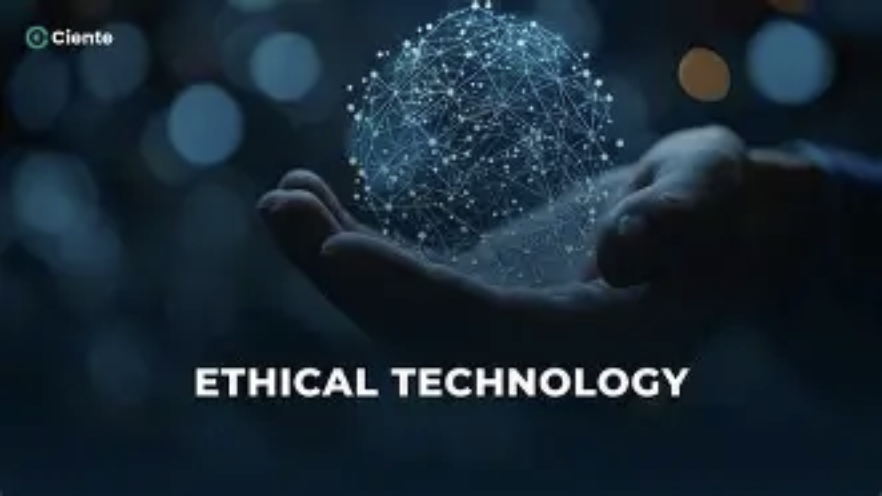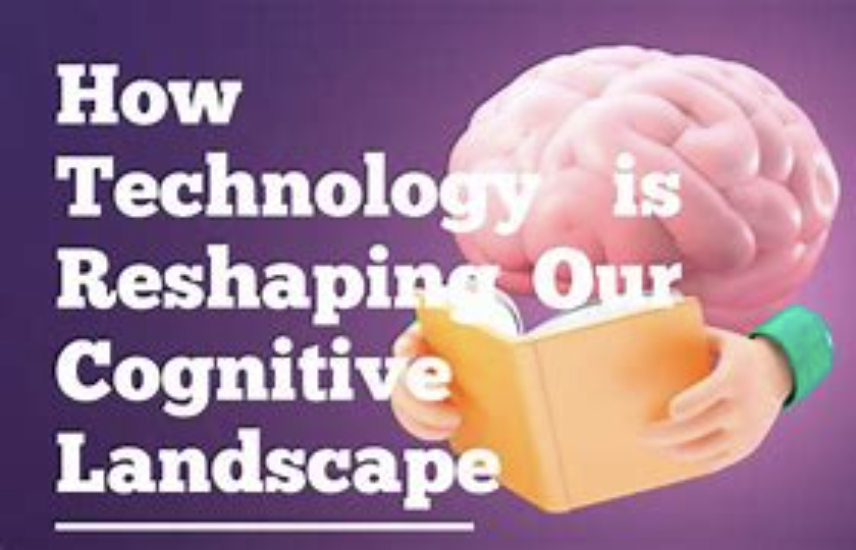2035: What Will Tech Life Be Like?
By the year 2035, advancements in technology will not only improve everyday life but will integrate seamlessly into the human experience, granting the wealthy a realm of personalized and purposeful living. For individuals who emphasize innovation and significance, this period will transform the concept of luxury into a fusion of biological integration, enriched experiences, and ethical advancements.

Bio-Integrated Tech: Beyond Wearables
The age of bulky gadgets is over; in 2035, we will witness the advent of “bio-implants” that align with the natural functions of the body. Elite professionals will employ neural microchips for real-time language processing during international conferences, while health-conscious individuals will select glucose-tracking implants that prompt personalized dietary suggestions through their intelligent kitchens. These technologies are not invasions—they represent extensions of individuality, crafted for sophistication and practicality.
Luxury in travel will transcend mere locations. Affluent travelers will engage in “neuro-tourism” activities, utilizing haptic suits and brain-computer connections that enable them to experience life as Renaissance artists in Florence or marine biologists on the Great Barrier Reef. These experiences transcend basic virtual reality—they involve all senses, generating memories as vivid as real-world travels, leaving a minimal environmental footprint.
Adaptive Homes: Living Spaces That Evolve
Homes will transform into “aware abodes.” Architecture empowered by AI will adapt room configurations in response to daily habits—changing a home office into a yoga space in the morning, or a dining area into an exclusive concert venue for social evenings. Eco-friendly materials like self-repairing concrete and walls that harness sunlight will produce energy, blending luxury with sustainability.

Cognitive Collaboration: AI as Creative Partners
The privileged will view AI not simply as a tool but as collaborators in creativity. Fashion designers will partner with algorithms that forecast upcoming color trends by analyzing shifts in global culture, while filmmakers will enlist AI storyboarders to convert abstract concepts into visual narratives. This collaboration enhances human creativity, yielding unique forms of art, fashion, and media.
Technologies for anti-aging will expand beyond cosmetic products. Wealthy individuals will invest in “epigenetic editing” treatments aimed at reversing cellular damage, complemented by AI health coaches that continuously track health indicators. Upscale spas will provide “longevity retreats” that marry stem cell therapies with mindfulness technologies, assisting clients to age not only longer but with vitality.
Ethical Tech Ownership: Transparent Innovation
Affluent individuals in 2035 will seek “ethical tech” with verifiable origins. They will prefer devices crafted from conflict-free rare earth materials, with algorithms reviewed for impartiality. Many will support “open-source luxury” projects, ensuring that advanced technology assists underserved communities, turning exclusivity into a means of promoting global equality.

Life with technology in 2035 will not revolve around owning more devices—it will focus on fostering deeper connections: with oneself, with others, and with the environment. For those who welcome this evolution, the future will illustrate that luxury embodies not just ownership but the ways that technology enhances living, creativity, and contribution.
(Writer:Ciki)



